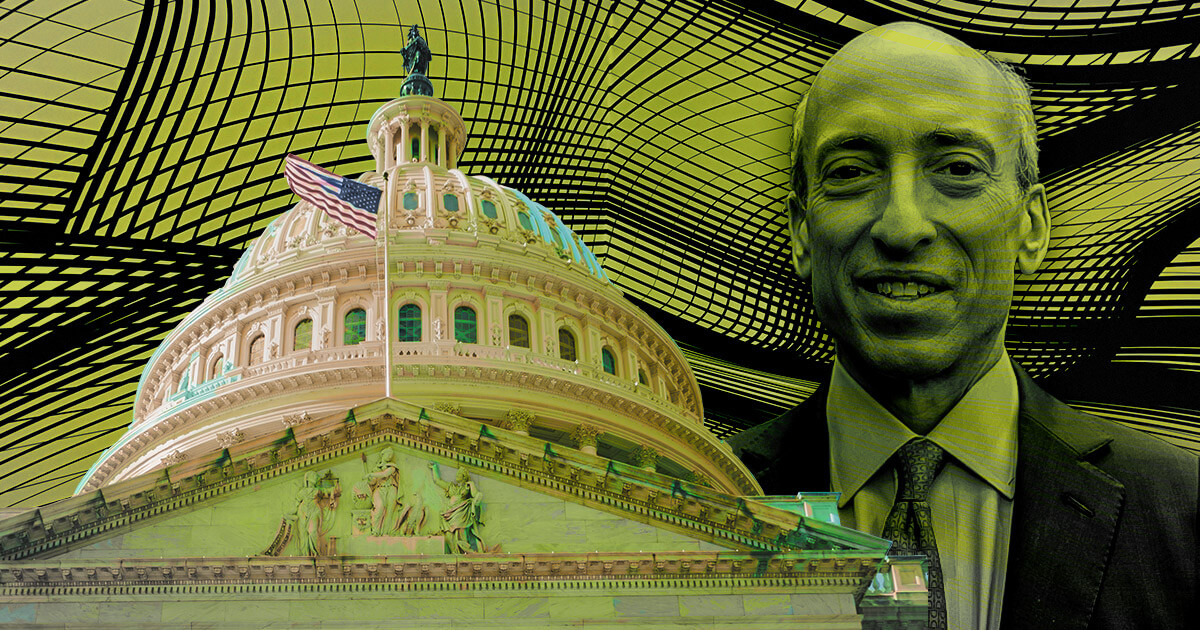
In a bold move, US Congressman Warren Davidson, with support from House Majority Whip Tom Emmer, has called for the resignation of SEC Chairman Gary Gensler in 2024, attributing his position to alleged corruption and abuse of power.
This development comes amid escalating tensions between the SEC and the digital asset industry in 2023.
Restructuring the SEC
Davidson, who expresses major concerns about Gensler’s enforcement-oriented regulatory approach, believes it has strained the SEC’s relationship with the digital asset industry. To address these issues, Davidson introduced the SEC Stabilization Act earlier this year.
The law, which aims to restructure the SEC and oust Gensler, cites a “long line of abuses” led by Gensler. It is proposed to add a sixth commissioner and an executive director to oversee day-to-day operations, with all regulatory, enforcement and investigative powers remaining with the commissioners.
The proposed restructuring aims to prevent a single political party from gaining more than three seats on the commissioners, thereby protecting US capital markets from potential political agendas.
Davidson emphasized the need for reform, stating:
“America’s capital markets must be protected from a tyrannical chairman, including the current one. It is time for real reform and to remove Gary Gensler as chairman of the SEC.”
Emmer echoed Davidson’s sentiments, emphasizing the need for clear and consistent oversight in the interests of American investors and the industry, rather than political maneuvering.
In addition to Davidson’s legislative efforts, tweets from several supporters reflect sentiment for Gensler’s removal and passage of the law.
One tweet emphasized the purpose of ending the accredited investor rule, claiming it protects the interests of a privileged class. Another tweet from Gensler accused Gensler’s SEC of favoring Wall Street over Main Street, and supported Davidson’s bill as a means to hold the SEC accountable.
These developments and the proposed SEC Stabilization Act mark a pivotal moment in the ongoing dialogue about regulatory approaches and accountability within the U.S. financial regulatory framework.

